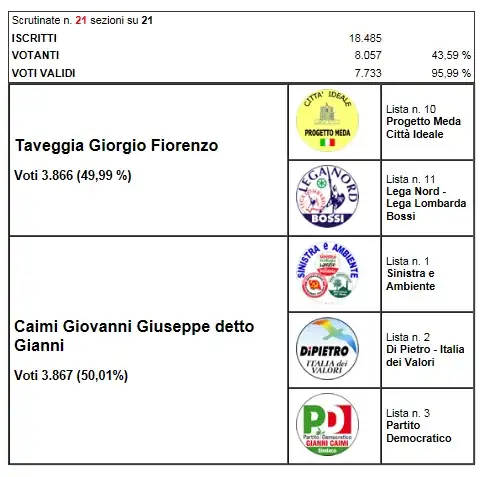Stephen Dubner and Steven Levitt, the economists behind Freakonimics tackled this topic in an article for the NY Times about 5 years ago. It's a good read.
Excerpt:
The odds that your vote will actually affect the outcome of a given election are very,
very, very slim. This was documented
by the economists Casey Mulligan and
Charles Hunter, who analyzed more than
56,000 Congressional and
state-legislative elections since
1898. For all the attention paid in the media to close elections, it turns
out that they are exceedingly rare.
The median margin of victory in the
Congressional elections was 22
percent; in the state-legislature
elections, it was 25 percent. Even in
the closest elections, it is almost
never the case that a single vote is
pivotal. Of the more than 40,000
elections for state legislator that
Mulligan and Hunter analyzed,
comprising nearly 1 billion votes,
only 7 elections were decided by a
single vote, with 2 others tied. Of
the more than 16,000 Congressional
elections, in which many more people
vote, only one election in the past
100 years - a 1910 race in Buffalo -
was decided by a single vote.
But there is a more important point:
the closer an election is, the more
likely that its outcome will be taken
out of the voters' hands - most
vividly exemplified, of course, by the
2000 presidential race. It is true
that the outcome of that election came
down to a handful of voters; but their
names were Kennedy, O'Connor,
Rehnquist, Scalia and Thomas. And it
was only the votes they cast while
wearing their robes that mattered, not
the ones they may have cast in their
home precincts.
For the record, I think that last bit about the Bush v. Gore Supreme Court decision is obscenely oversimplified and in my personal opinion an inaccurate characterization of what happened.
